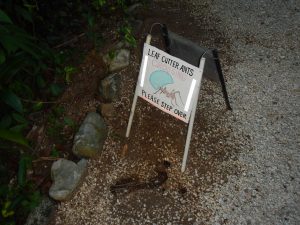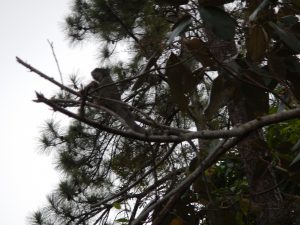Another day in paradise. I tried waking up early to see the sunset, but a small cloud somehow managed to obscure the sun for most of it. I sat in the hammocks for a bit after, and then went to breakfast. Our first snorkel of the day took us out to a patch reef on the other side of Middle Caye, where we collected as many organisms as we could. This snorkel was special for me because I saw an innumerable amount of Caribbean Giant Anemones (Condylactis gigantea) and Sun Anemones (Stichodactyla helianthus), and even one Corkscrew Anemone (Bartholomea annulatus). I did not, however, see any zoanthids or corallimorphs today.



On our snorkel, we collected lots of different organisms, including a tiny baby octopus that our group nicknamed Squishy. We enjoyed playing with it for a few hours as we identified all the organisms we collected. Unfortunately, we had also found that a tiny hermit crab we found living with a piece of trash yesterday, aptly named Trash Crab, had died today, so we plan to give it a funeral at sea tomorrow.
After sorting through our organisms and eating, we wrote up the data for our marine debris collection from yesterday, before taking a quick snorkel in the patch reef near the Middle Caye dock. I saw one Sun Anemone here, but no more of my taxon group. After snorkeling, we had a delicious dinner followed up with another night of free time. It is hard to believe we are leaving in two days, but I will just have to soak up tomorrow as much as possible.







